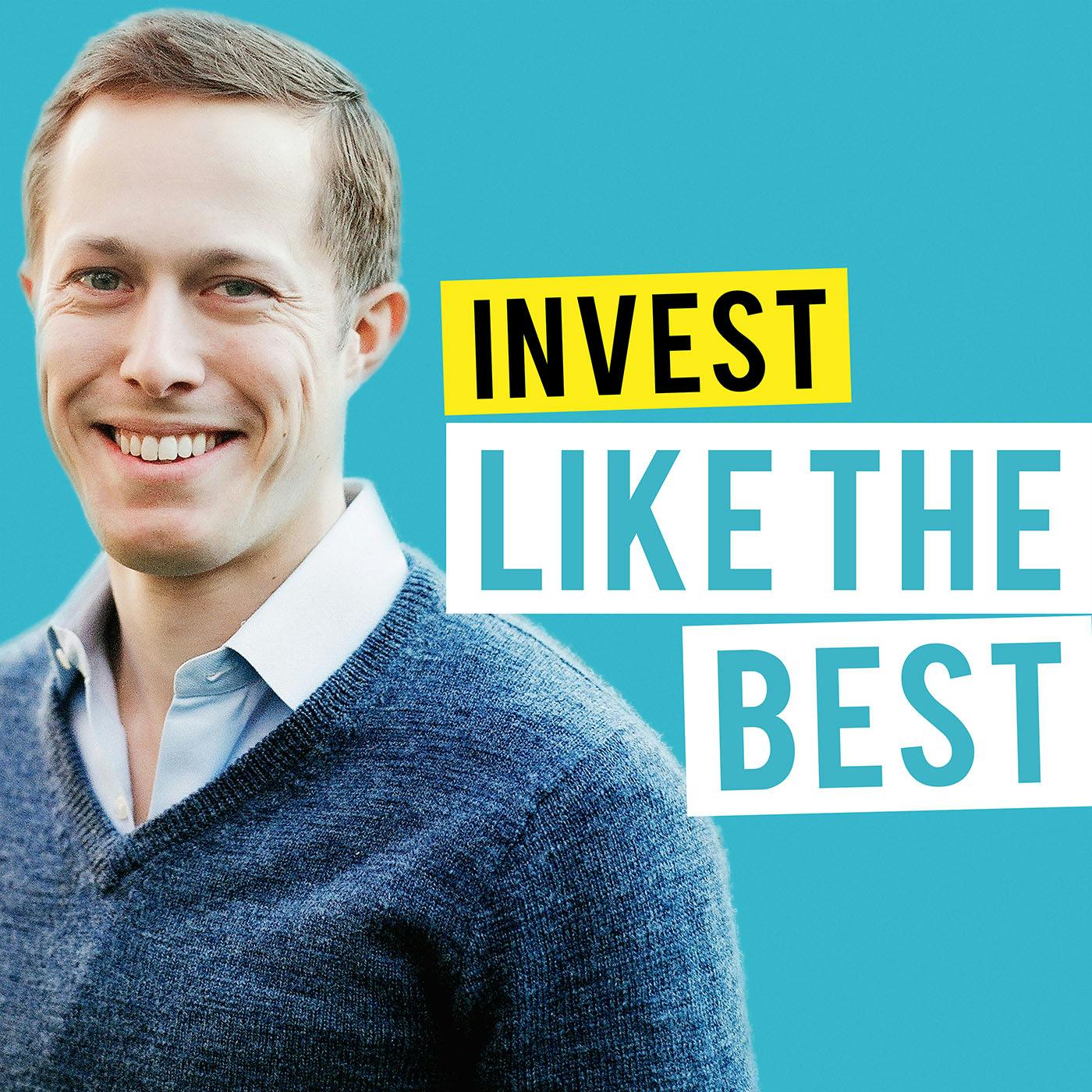Elie Wiesel: Living with an Open Heart
The late Nobel Peace Prize winner, professor, New York Times bestselling author, humanitarian and Holocaust survivor Elie Wiesel discusses his life-changing heart surgery and his latest memoir, “Open Heart.” He shares the fears associated with his life-saving operation and how they allowed him to re-examine his career and deepen his devotion to his family. Elie also explains what he hopes will be the destiny of his life's work. Elie Wiesel was just 15 years old when he was sent to the Auschwitz concentration camp. Years later, he would write his firsthand account of the Holocaust in what has become what many consider to be one of the most important books of our time, “Night.” In 2006, Elie returned to Auschwitz to meet Oprah and walk the grounds of the 6,700-acre complex and reflect on the lives that were lost in the 20th century’s greatest tragedy. Elie passed away in 2016 at his home in Manhattan. He was 87 years old.


















